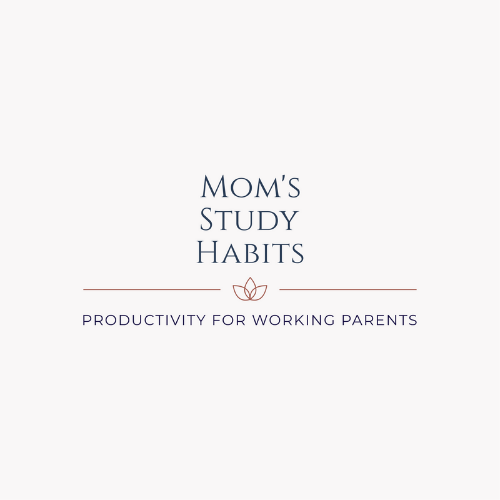10 Tips for Organizing Space for Your Child's Study
- Shah Paree, M.Ed.

- Mar 4, 2024
- 2 min read
Updated: May 15, 2024
10 Tips for Organizing Space Your Child's Study
Creating and organizing space for your child is essential for promoting focus, productivity, and a love for learning. A clean and inviting study area can significantly impact your child's academic performance. Here are ten tips to help you create an organized study space that will inspire your child to excel.
1. Choose the right location:
Find a quiet area in your home where your child can concentrate without distractions. Ideally, select a spot near a window to allow natural light. This will create a bright atmosphere.
2. Invest in a functional desk:
A sturdy desk with ample surface area is crucial for your child's study space. Ensure it has enough space for a laptop or computer, notebooks, and other study materials. Bins are a good way to keep supplies organized and easily accessible.
3. Utilize wall space:
Mount a bulletin board or whiteboard on the wall above the desk. This will be a visual reminder of important dates, deadlines, and tasks. Please encourage your child to personalize it with motivational quotes, pictures, and artwork.
4. Organize with shelves and bookcases:
A bookshelf or wall-mounted shelves beside the desk provide easy access to textbooks, reference materials, and other educational resources. Arrange books by subject or color to make them visually appealing.
5. Create a designated storage system:
Introduce storage solutions such as bins, baskets, or drawer organizers to organize stationery, art supplies, and other materials. Teach your child the importance of returning items to their designated places after use.
6. Minimize distractions:
Remove unnecessary items from the study space that may distract your child's attention. Keep out of sight of toys, electronics, and other non-study-related items to maintain focus.
7. Incorporate ergonomic elements:
Ensure your child's study space is ergonomically designed to promote good posture and prevent discomfort. Invest in an adjustable chair and position the desk appropriately to avoid strain on the neck and back.
8. Provide proper lighting in the room:
Significant lighting will help reduce eye strain and enhance concentration.
Choose lighting that is both artificial and natural. To ensure that there is enough light during study periods, use a desk lamp with an adjustable brightness setting.
9. Establish a routine:
Establishing a routine is a must! Set specific study hours and ensure they adhere to them. This will help create a sense of structure and discipline.
10. Regularly declutter:
Make it a habit to declutter and clean the study space regularly. Remove any unnecessary items, dust surfaces, and organize materials. A clean and clutter-free environment promotes a clear mind and enhances productivity.
Conclusion:
Organizing space for study is critical in fostering a positive learning environment for your child. These ten tips will definitely help build a space conducive to concentration, productivity, and enjoyment of learning. Remember, a well-organized study space sets the stage for academic success and instills valuable organizational skills to benefit your child throughout their educational journey.




